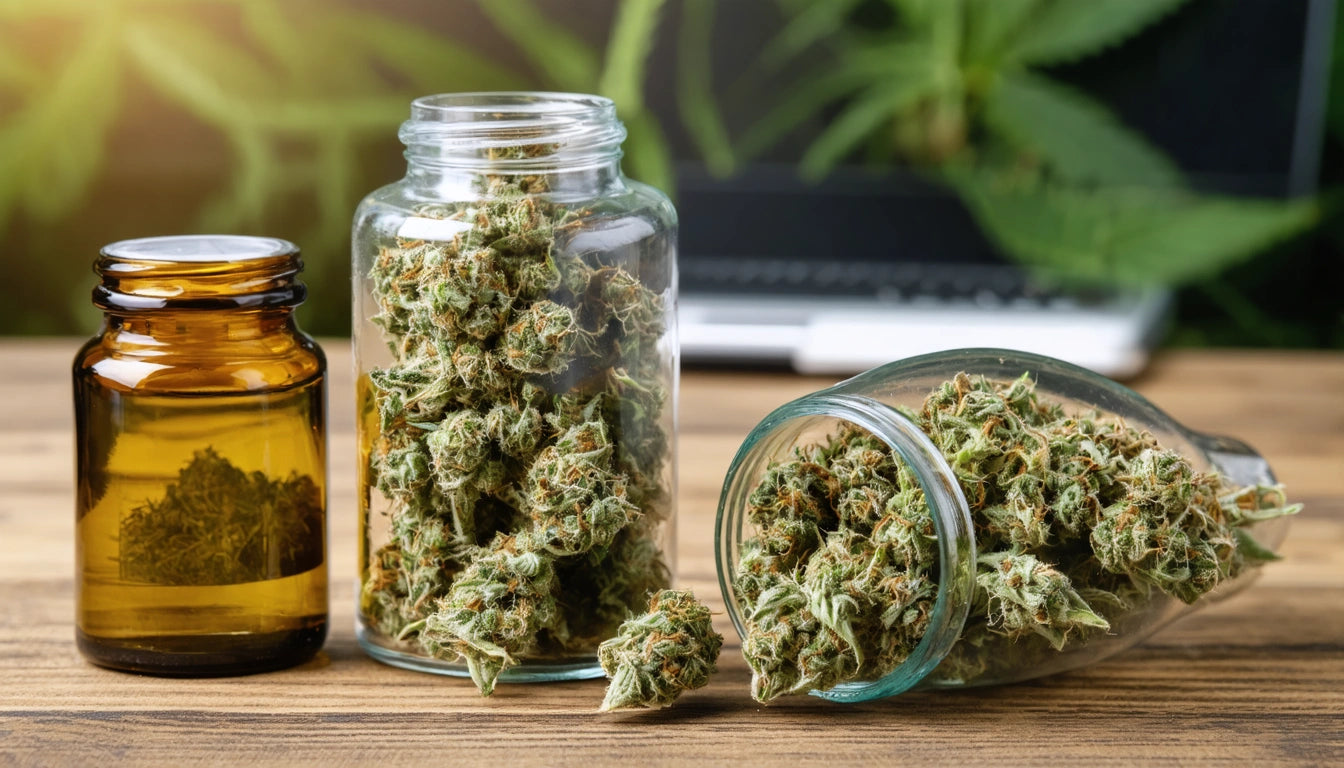Table of Contents
- Current Legal Landscape: State vs. Federal Cannabis Laws
- Legislative Progress Toward Federal Cannabis Legalization
- Factors Influencing the Federal Legalization Timeline
- Expert Predictions on When Marijuana Will Be Federally Legal
- How the Cannabis Industry Is Preparing for Federal Legalization
- Potential Pathways to Federal Cannabis Legalization
When Will Marijuana Be Federally Legal in the U.S.?
The question of when marijuana will be federally legal in the United States remains one of the most pressing topics in cannabis policy. With a patchwork of state laws creating a complex legal landscape, businesses and consumers alike are eager for clarity on federal cannabis legalization. This article examines the current status, potential timelines, and factors that will determine when weed becomes federally legal.
Current Legal Landscape: State vs. Federal Cannabis Laws
The United States currently operates under a contradictory legal framework where cannabis is simultaneously legal in many states while remaining a Schedule I controlled substance at the federal level. According to a comprehensive timeline of cannabis legalization, this conflict began escalating in 1996 when California became the first state to legalize medical marijuana.
As of 2024, the state-by-state breakdown includes:
- 38 states with legal medical marijuana programs
- 24 states plus Washington D.C. with legal adult-use (recreational) cannabis
- Several states with decriminalization measures
- A minority of states maintaining full prohibition
This fragmented approach has created significant challenges for businesses operating across state lines. Many cannabis companies must maintain proper storage conditions for their products, with some utilizing specialized humidity control solutions to preserve quality while navigating the complex regulatory environment.
Legislative Progress Toward Federal Cannabis Legalization
Several significant legislative efforts have emerged in recent years that provide clues about when cannabis will be federally legal:
The MORE Act
The Marijuana Opportunity Reinvestment and Expungement (MORE) Act would deschedule cannabis from the Controlled Substances Act and enact various criminal and social justice reforms. While it has passed the House of Representatives multiple times, it has not received a Senate vote.
The SAFE Banking Act
This legislation would protect financial institutions working with state-legal cannabis businesses. Despite bipartisan support, it has repeatedly stalled in the Senate after passing the House.
Cannabis Administration and Opportunity Act (CAOA)
This comprehensive bill would end federal cannabis prohibition while allowing states to maintain their own laws. It represents one of the most detailed approaches to federal legalization but has not advanced to a full vote.
These legislative efforts suggest momentum toward federal legalization, but the timeline remains uncertain. Analysis of federal weed legalization indicates that incremental progress is more likely than immediate comprehensive reform.
Factors Influencing the Federal Legalization Timeline
Several key factors will determine when marijuana will be federally legal:
Public Opinion
Support for cannabis legalization has reached historic highs, with approximately 70% of Americans favoring legalization according to recent polls. This growing consensus puts pressure on federal lawmakers to align policy with public sentiment.
Economic Considerations
The legal cannabis industry generated over $30 billion in 2023, creating jobs and tax revenue in participating states. The economic benefits provide compelling arguments for when the federal government will legalize weed.
International Developments
As countries like Canada, Mexico, and Germany move toward national legalization frameworks, the United States faces increasing pressure to reconsider its approach to cannabis policy.
Administrative Rescheduling
In 2023, the Biden administration initiated a review process that could result in rescheduling cannabis from Schedule I to Schedule III under the Controlled Substances Act. While not full legalization, this would represent a significant shift in federal policy.
Expert Predictions on When Marijuana Will Be Federally Legal
Industry experts and political analysts offer varying predictions on when weed will be federally legal:
- Optimistic Timeline: 2025-2026, following the next presidential election cycle
- Moderate Timeline: 2027-2028, after additional states implement successful programs
- Conservative Timeline: 2030 or beyond, allowing for gradual federal policy evolution
Most experts agree that federal legalization will likely occur in stages rather than through a single comprehensive bill. State-by-state legalization efforts will continue to influence the federal timeline, with populous states like Florida, Pennsylvania, and Ohio potentially accelerating the process if they fully legalize.
How the Cannabis Industry Is Preparing for Federal Legalization
Despite uncertainty about when cannabis will be legalized federally, the industry is already preparing:
Interstate Commerce Infrastructure
Forward-thinking companies are developing supply chains that could quickly adapt to interstate commerce once federal barriers fall.
Consolidation and Partnerships
Mergers, acquisitions, and strategic partnerships are positioning businesses to compete in a federally legal marketplace.
Compliance Systems
Businesses are investing in robust compliance frameworks that can adapt to evolving federal regulations.
Companies that maintain proper documentation and adhere to best practices in their current operations will be best positioned when federal legalization occurs. This includes proper product storage and handling, with many producers implementing professional-grade quality control measures that anticipate future federal standards.
Potential Pathways to Federal Cannabis Legalization
When considering when pot will become federally legal, several potential pathways emerge:
Comprehensive Legislation
A single bill that addresses legalization, regulation, taxation, and social justice could provide the clearest path forward, though political challenges make this less likely in the near term.
Incremental Reform
More probable is a series of targeted reforms addressing specific issues like banking access, research barriers, and veteran access before culminating in full legalization.
Administrative Action
The executive branch could initiate significant changes through rescheduling and enforcement priorities, potentially creating de facto legalization before Congress acts.
The most likely scenario involves a combination of these approaches, with administrative action creating momentum for legislative reform. According to regional legalization analysis, even conservative states are beginning to reconsider their approaches to cannabis policy.
While the exact date when marijuana will be federally legal remains uncertain, the trajectory is clear. The combination of public support, economic opportunity, and state-level experimentation makes federal legalization increasingly likely within the next decade. Businesses and consumers should stay informed about legislative developments while continuing to operate within the current regulatory framework.











Leave a comment
All comments are moderated before being published.
This site is protected by hCaptcha and the hCaptcha Privacy Policy and Terms of Service apply.